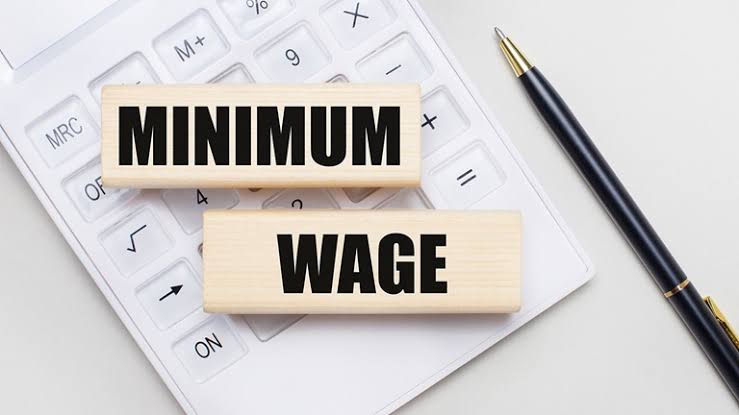Tension is rising among federal public workers as allegations of selective payment of the newly implemented ₦70,000 minimum wage by the Federal Government have surfaced. Many workers, particularly in Ministries, Departments, and Agencies (MDAs) who have yet to see any increase in their salaries, have expressed frustration, accusing the government of insensitivity during a period of widespread hardship and hunger.
This group also includes staff from federal universities who claim they have been excluded from the benefits of the new wage structure.
However, conflicting reports from the Accountant-General’s office and the Budget Office have further complicated the issue. According to the Accountant-General’s office, the new minimum wage was included in September’s salary. In contrast, the Budget Office maintains that only ₦40,000 was disbursed to federal workers across the board, leaving workers dissatisfied as many deny receiving the full amount.
President Bola Tinubu signed the ₦70,000 minimum wage into law on July 18, 2024, following months of negotiations between the government, Organised Private Sector (OPS), and labour groups, including the Nigeria Labour Congress (NLC) and the Trade Union Congress (TUC).
Voices of Frustration from Workers
A staff member of an MDA, speaking anonymously, voiced deep frustration, saying, “We are fed up with the system. The government has removed the fuel subsidy, leaving us in unbearable hardship, and now, despite the new minimum wage being signed into law, we have not seen it implemented.”
The worker criticized the government’s approach, citing reports that some core civil servants have already received salary increases. “This selective payment is discriminatory. We are all facing the same struggles, yet some are being treated differently. It feels like salary slavery designed to keep some of us in perpetual hardship.”
Workers reported worsening living conditions, with many resorting to extreme measures like walking long distances to work and skipping meals to survive. Some expressed concerns about their children’s education, as they are unable to afford school fees due to delayed payments.
Temporary Measure Amid Delays
A source from the Accountant-General’s office clarified that the payment of the new minimum wage had begun with the September salary. However, another insider from the Budget Office explained that a temporary flat rate of ₦40,000 was paid to all civil servants in September, pending the finalization of the official minimum wage template.
According to this source, the decision was made to ensure that federal workers received some payment before the new wage structure was fully implemented. “The ₦40,000 flat rate is a temporary measure. The official template for the new minimum wage will take effect in October, and arrears from August will also be paid.”
Labour Union Condemnations
Labour unions have reacted sharply to the delay and selective payment. Benjamin Anthony, President of the Amalgamated Union of Public Corporation, Civil Service Technical and Recreational Services Employees (AUPCTRE), criticized the process, stating, “An insignificant number of workers have received payments, but the majority have not. To us, that means the new minimum wage hasn’t been implemented at all.”
He emphasized the severe impact on workers’ lives, with many unable to afford basic necessities, including school fees for their children.
Leaders from the National Association of Academic Technologists (NAAT) and the Senior Staff Association of Nigerian Universities (SSANU) echoed these sentiments, highlighting the extreme financial distress faced by university staff, many of whom travel long distances to work. They urged the government to expedite the payment of the new minimum wage to alleviate the economic burden on workers.
The delay has not only led to economic hardship but is also affecting worker productivity and morale. As federal workers continue to wait for the full implementation of the new wage, the tension between them and the government continues to escalate.
